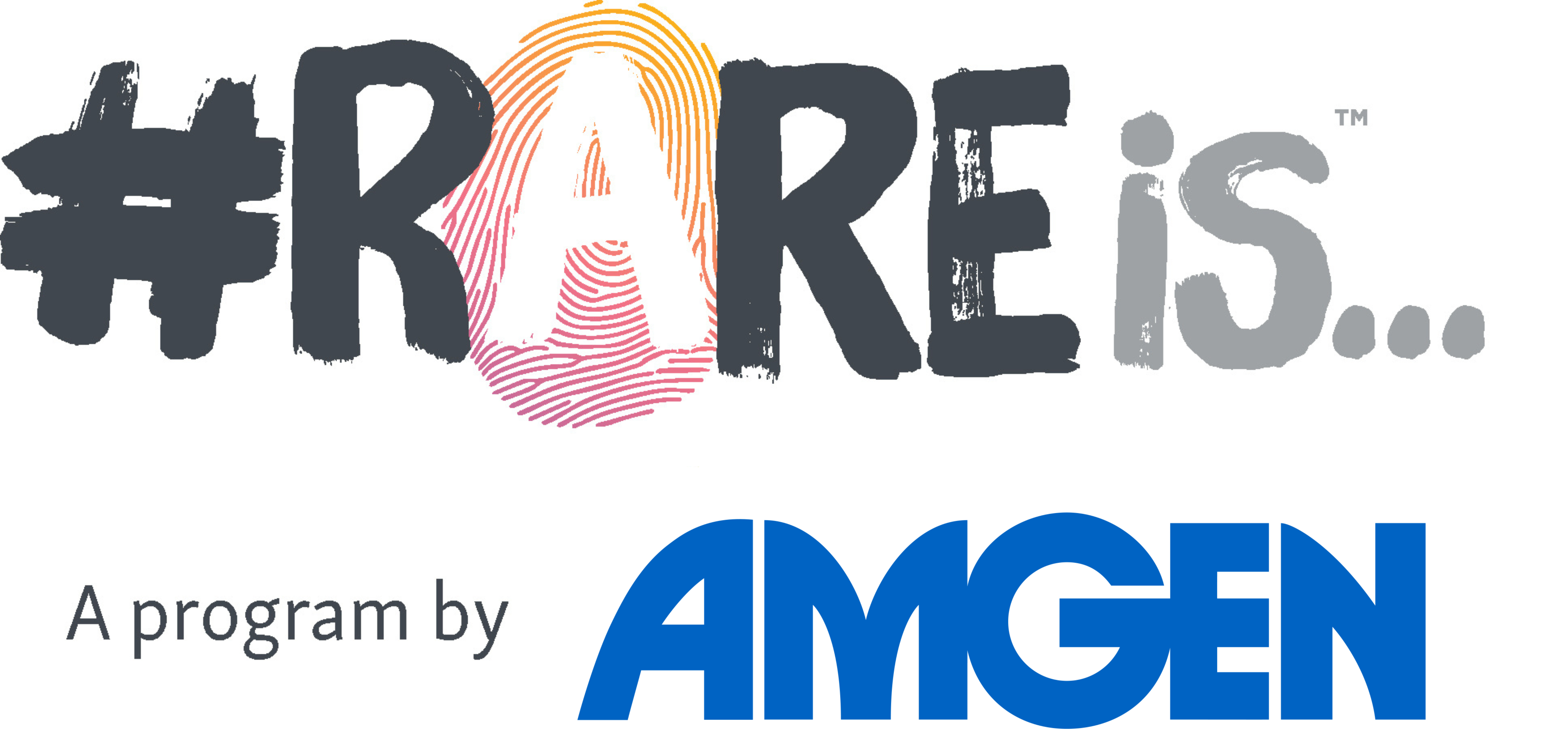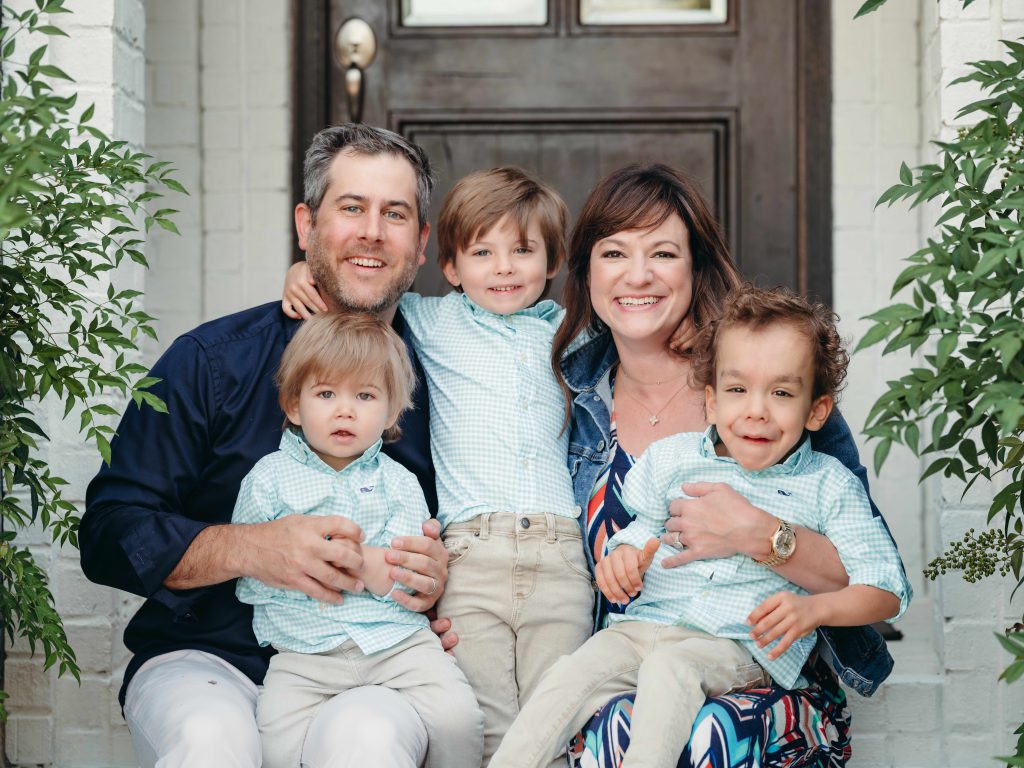Meet Ryan
Joining the Rare Disease Community
In 2017, our twins were born with complications and immediately sent to the neonatal intensive care unit (NICU) for observation and treatment. One of them, Reynolds, ended up spending the next 103 days in the NICU undergoing treatments and tests as a result of a rare condition. After 18 months of tests and surgeries, and what felt like hundreds of doctor’s appointments, a whole genome study led doctors to diagnose Reynolds with Costello syndrome; an ultra-rare genetic disorder that can cause problems in every system in the body, including the heart, muscles, bones, skin, brain and spinal cord.
Unfortunately, the revelation of the diagnosis didn’t mean that we suddenly had all of the answers. Costello syndrome has no cure, and because it can impact so much of a child’s body, it can require a large team of healthcare providers to be involved in that child’s care. At one point, Reynolds had more than 30 healthcare providers and therapists, and we were in doctors’ offices every week for different appointments, treatments and care.
Creating What I Needed
Speaking with so many professionals and seeing new specialists all the time meant we were often having to “sum up” his healthcare journey in a few short sentences to help the providers learn about Reynolds and where he was in his care plan. We felt like broken records – repeating Reynold’s story at every appointment. Electronic health records just didn’t cut it. We carried binders, had Excel spreadsheets, notes on our phone, but I kept wondering why there wasn’t a better tool to help us keep track of everything and allow us to share the most pertinent information with each new healthcare provider.
As we met more and more members of the Costello syndrome and rare disease communities, I realized we weren’t alone with this frustration, so I decided to create what we needed. I teamed up with Bret Koncak to create mejo, a web-based app that gives rare disease families a place to put all of that vital information – all of the diagnoses, providers, contact information, special care, diet, medication and more. And it offers the ability to easily send information in an email or a link in a text to new providers, school nurses, therapists, family members, etc. Most importantly, however, mejo also gives families the opportunity to personalize the journal and information, helping healthcare providers learn more about the person behind the diagnosis. Families can also add helpful ways to connect to their child and tips for daily life that might be useful for a caregiver or family member helping with a child’s care.
The Power of Community
Becoming a part of the rare disease community has been an incredible part of this journey. Before the twins were born, I didn’t even realize there was a rare disease community, and suddenly we were a part of it. We were fortunate that the Costello Syndrome Family Network (CSFN), had a family conference taking place just a few months after Reynolds was diagnosed. There we were able to talk to parents who understood what we were going through and Reynolds was able to see kids who looked like he did. It was incredibly powerful for him.
Being a caregiver and a parent can be very lonely, and it isn’t something you get thanked or really recognized for from the outside. That’s why I feel so much joy when I hear from users that mejo has helped them, or when they thank us for building a tool that people have been searching for. It’s also why I’m so grateful to be able to connect with other parents and caregivers who understand the ups and downs and in-betweens that come with being in a similar situation. We can help remind each other to take one day at a time and celebrate the little wins – a great day, an obstacle that was overcome, a small success. As parents and caregivers, we can get so bogged down in trying to fix things, or cure, or plan for the future, that we can miss the little moments. And it’s so important for ourselves, for our partners, for our children, that we remember to celebrate and find joy in the life in between.
About Costello Syndrome
Costello syndrome is an ultra-rare genetic disorder that causes a mutation in a child’s HRAS gene before birth. The condition causes problems that affect the heart, muscles, bones, skin, brain and spinal cord. Children with Costello syndrome have a distinctive facial appearance and some require surgical intervention for brain overgrowth that can result in crowding within the skull. Costello syndrome is a very rare disorder that affects males and females in relatively equal numbers. It is estimated to occur in 1 out of every 300,000 births.

